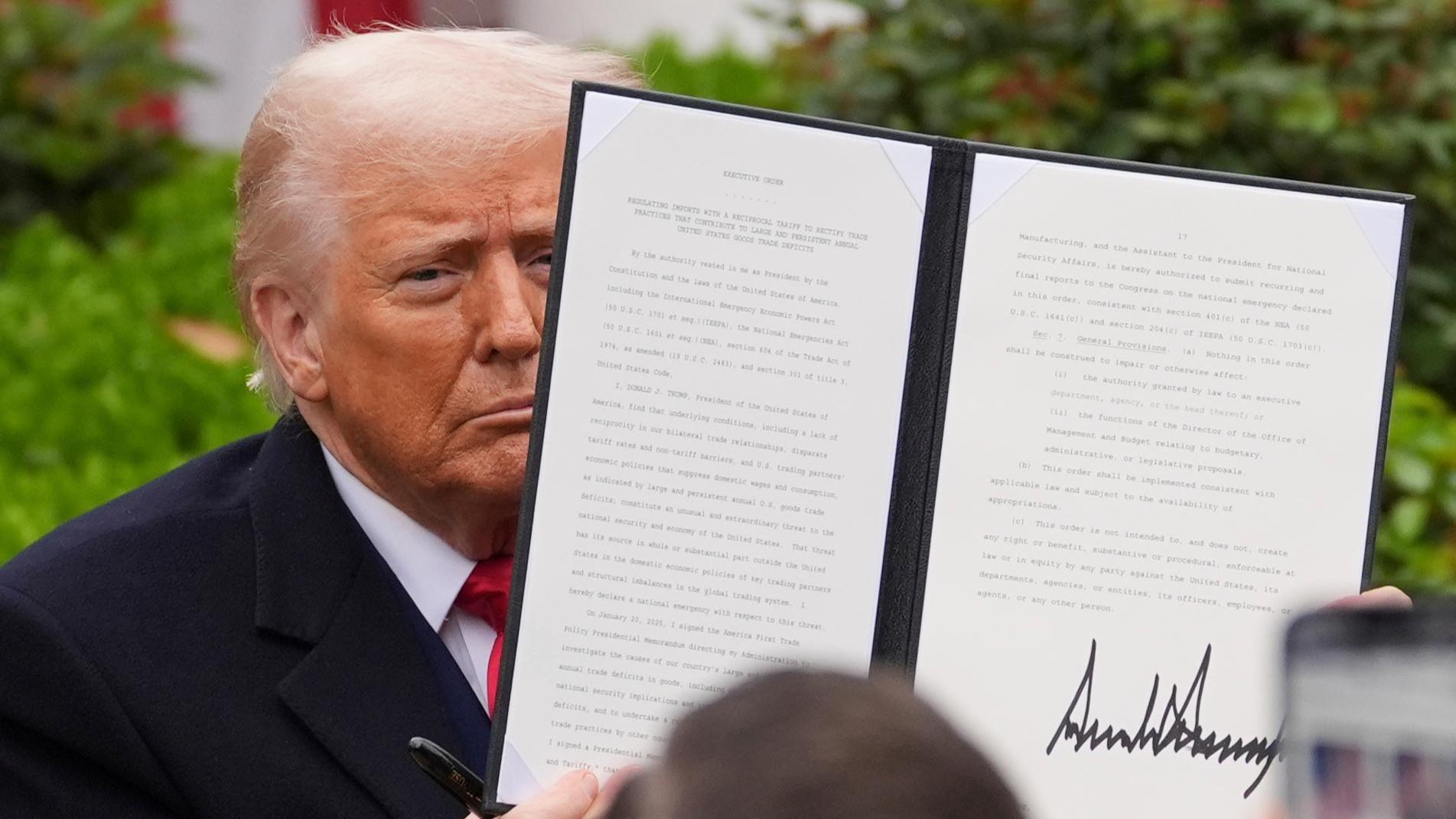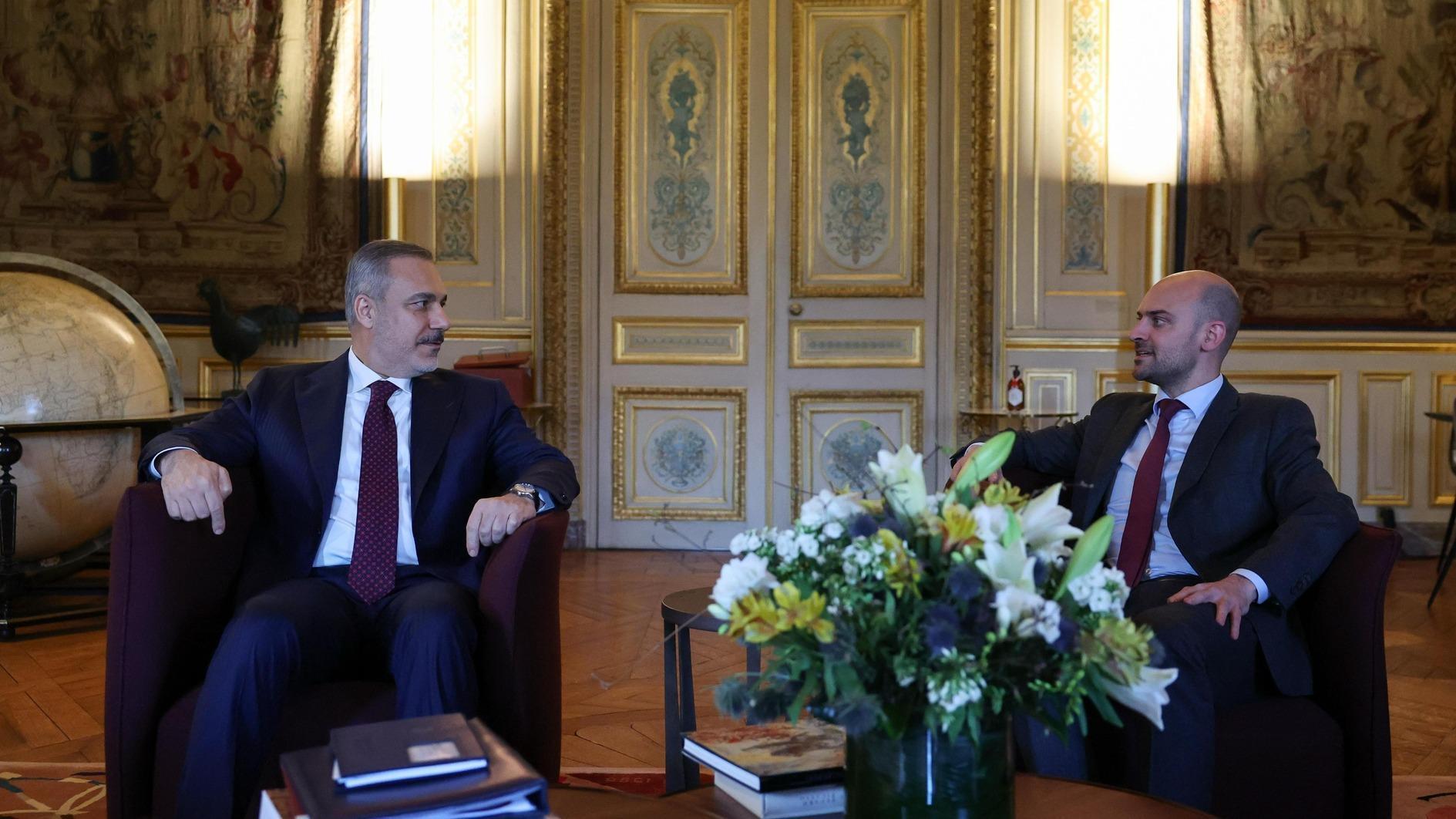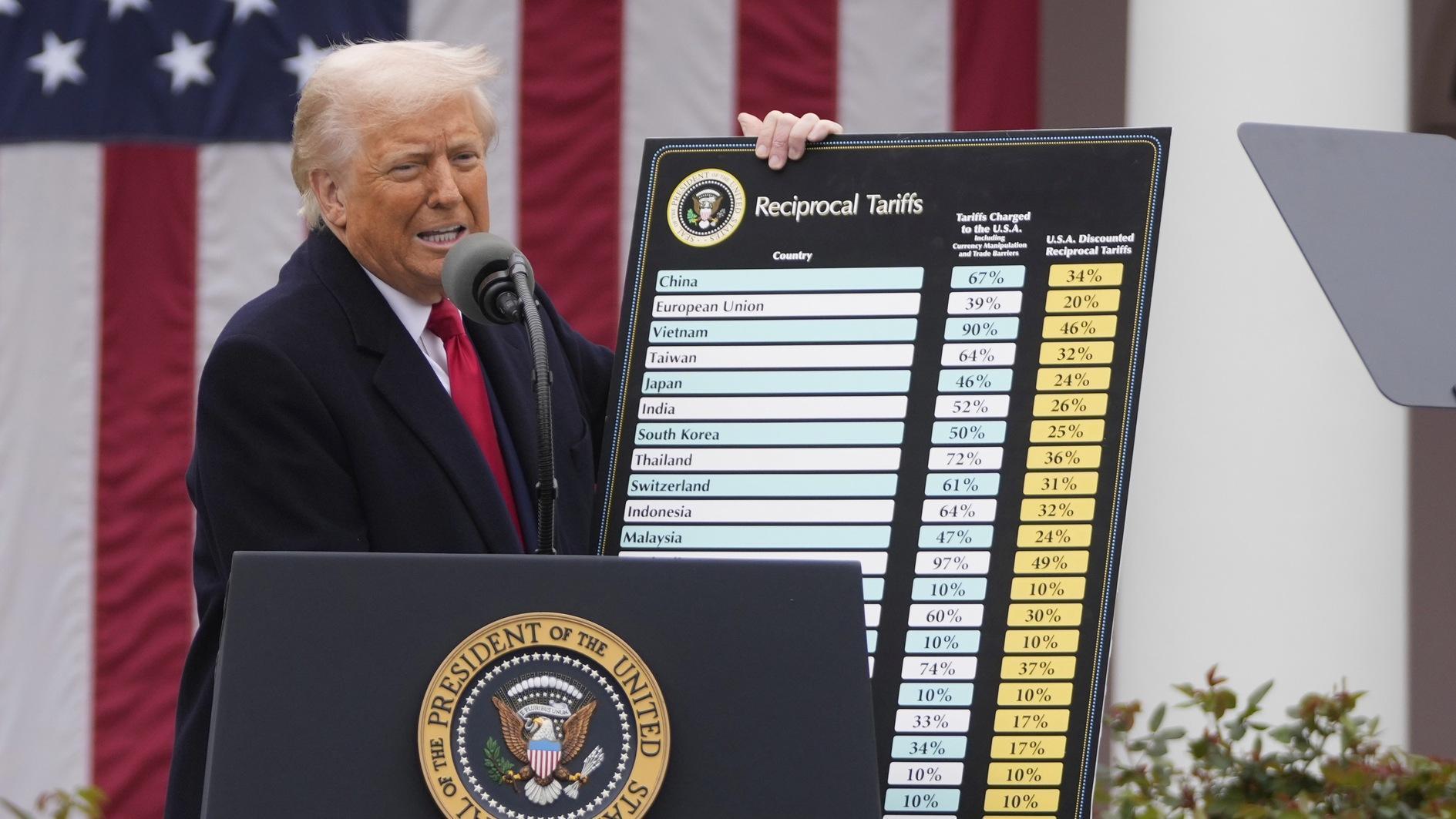The freedom to say ‘yes?’
The Turkish government has stripped the Supreme Election Board (YSK) of the authority to give penalties to TV and radio stations that air one-sided broadcasts or biased propaganda during election periods, according to a decree issued on Feb. 9 ahead of the referendum which is likely to be carried out on April 16.
The decree was issued as part of a state of emergency that was declared after the foiled coup attempt of July 15, 2016, so as to better conduct the struggle against terrorism. The referendum is not related to the struggle against terrorism but over a constitutional change for a shift from a parliamentarian system to an executive presidential one as targeted by President Tayyip Erdoğan and the ruling Justice and Development Party (AK Parti).
“With this new regulation,” reacted Kemal Kılıçdaroğlu, the leader of the social democratic opposition Republican People’s Party (CHP), on Twitter, “Only their voices will be heard until the referendum; only one side will be able make free broadcasts.” The CHP sources said the decree was against the principles of “fairness” and “equality” in the constitution.
Actually, the decree doesn’t say that it is free to support the approval of the constitution but illegal to stand against it; there is no expression in the decree that a “yes” will be favored over a “no.” But in today’s Turkey, everyone can draw his or her own conclusions. We are talking about an atmosphere where Prime Minister Binali Yıldırım has said numerous times that by saying “no,” the CHP is on the same side as terrorist organizations like the outlawed Kurdistan Workers’ Party (PKK) and the “Fethullahist Terror Organization (FETÖ),” the secret network of the U.S.-resident Islamist preacher Fethullah Gülen, as they are also against the constitutional shift. Those words have been broadcast by TV and radio stations and quoted by papers for weeks, and only yesterday did Justice Minister Bekir Bozdağ say the government did not “consider all naysayers as terrorists.”
This is all happening before President Erdoğan has officially approved parliament’s decision to take the constitutional change to a referendum with the votes of the AK Parti and the Nationalist Movement Party (MHP). Erdoğan is expected to lead the “yes” campaign himself as soon as he approves the motion from parliament.
Here is a scenario likely to take place, possibly next week: President Erdoğan and PM Yıldırım will rally separately and deliver possibly two, or at least one, speech every day, possibly at different hours. TV stations are expected to broadcast them live. It is not expected that MHP leader Devlet Bahçeli will appear in the campaign as frequently as them. But his speeches are expected to be broadcast live as well. If the rally speeches of CHP leader Kılıçdaroğlu coincide with those of the president or PM, it is not very likely that he will get any priority. The justification by most of the channels could be that they since they are the president and the PM of the country, they might always say something newsworthy regarding foreign affairs, the economy or the anti-terror struggle. Meanwhile, Selahattin Demirtaş and Figen Yüksekdağ, the co-chairs of the Peoples’ Democratic Party (HDP), which focuses on the Kurdish problem, are in prison, indicted on charges of making PKK propaganda and being linked to the group.
It will be free to say “no” in the referendum as well as “yes.” But while there will be no ban on saying “no” during the campaign, getting that voice heard is another matter.











